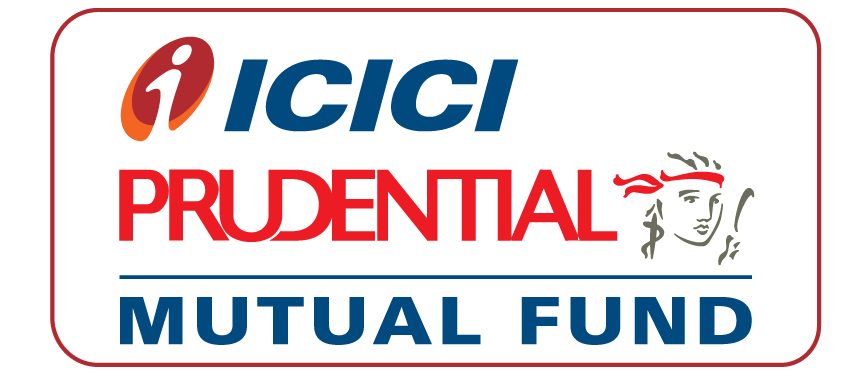NFO review: ICICI Pru Nifty Low Vol 30 ETF FOF

If you’re looking to invest in a fund that limits the impact of market volatility by gaining exposure to the least volatile blue-chip companies across sectors in a simple and easy manner, consider investing in ICICI Prudential Nifty Low Vol 30 ETF Fund of Fund (FoF). The New Fund Offer (NFO) opens on March 23, 2021 and closes on April 06, 2021.
ICICI Pru Nifty Low Vol 30 ETF FOF
This is a fund of funds scheme which will invest in ICICI Prudential Nifty Low Vol 30 exchange traded fund (ETF). ICICI Prudential Nifty Low Vol 30 exchange traded fund (ETF) is a factor based smart beta ETF. A smart beta ETF uses a set of rules to invest in stocks of an index.
The underlying ETF in this case aims to mimic the movement of a basket of stocks called Nifty 100 Low Volatility 30 Index. The ETF was launched in 2017. It has assets of Rs 272 crore and costs about 40 basis points. It has given 1-year return of 59 percent and 3 year return of nearly 14 percent CAGR.
Minimum investment required for the fund of fund NFO is Rs 1,000.
Underlying index
The Nifty Low Vol 30 ETF is based on the Nifty 100 Low Volatility 30 index. The underlying index aims to measure the performance of the low volatile securities in the large market capitalisation segment. The stocks in this index are selected from the Nifty 100 index and should be available for trading in the derivative segment(F&O). But the selection of stocks and their weight in Nifty 100 Low Volatility 30 index are based on volatility.
The weights of the stocks are based on volatility which is measured as standard deviation of stock returns over a one-year period. The individual stock weight is capped at 3%. The top three sectors for the index comprises Software, Personal Care and Cement. The index is rebalanced on a quarterly basis. Stocks are ranked based on their volatility score. Top 30 ranked stocks with least volatility form part of the index.
At present, the index’s top weights are Power Grid Corporation of India, Dabur India, Ultratech Cement, Indian Oil Corporation, Bajaj Auto, NTPC, ACC, Pidilite Industries, Wipro and Tata Consultancy Services.
Performance of low volatility index
The Nifty 100 Low Volatility 30 index has provided returns between 12-16% CAGR over the last 5 years. This shows that lower risk need not mean lower returns.
Indian markets have witnessed volatility because of domestic and global factors over the years. e.g. Pandemic in 2020. The Nifty 100 Low Vol 30 Index has handled the volatility better than most indices. For instance, Nifty 100 Low Volatility 30 TRI has out-performed Nifty 100 and Nifty 50 indices 8 times in the last 13 calendar years.
Ideal investors
ICICI Pru Nifty Low Vol 30 ETF FOF is different from ICICI Pru Nifty Low Vol 30 ETF on two fronts.
One, the FoF allows investors without a demat account to invest in the smart beta ETF. To invest in the ETF, investors must have a demat account.
Two, the FoF allows investors the choice of either investing in Systematic Investment Plan (SIP) or lump sum route. The ETF does not offer SIP route facility.
In terms of costs, direct investors will incur 50 basis points (10 bps + 40 bps for underlying) and regular investors will incur 100 basis points (60 bps + 40 bps for underlying)
Fund-house speak
Nimesh Shah, MD & CEO, ICICI Prudential AMC said, “Through ICICI Prudential Nifty Low Vol 30 ETF FOF, an investor gets access to a factor-based smart beta ETF that limits downside risk. Our aim is to help investors to limit the impact of market volatility and to gain exposure to the least volatile blue-chip companies across sectors in a simple and easy manner. The scheme allows investors without a demat account to invest in a smart Beta ETF with equity taxation through lump sum or SIP.â€

